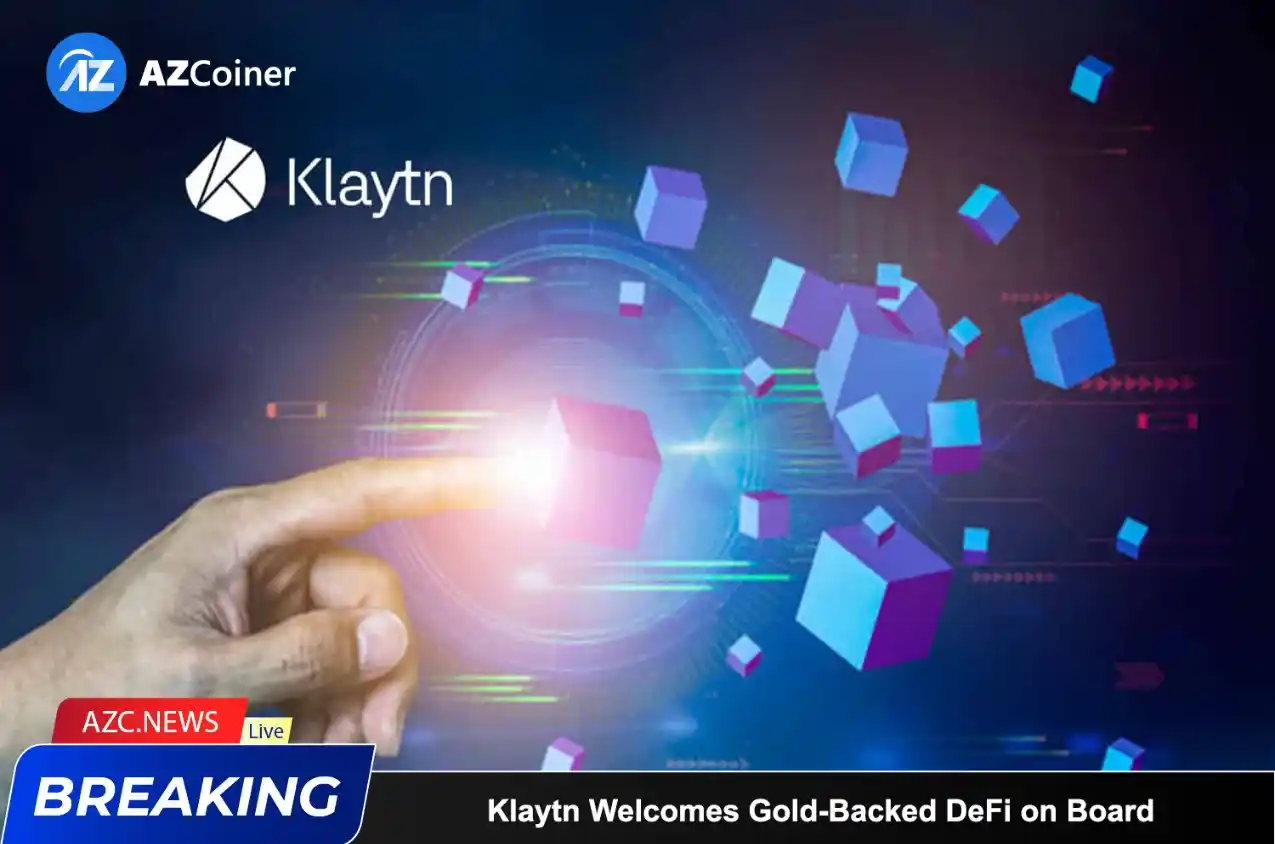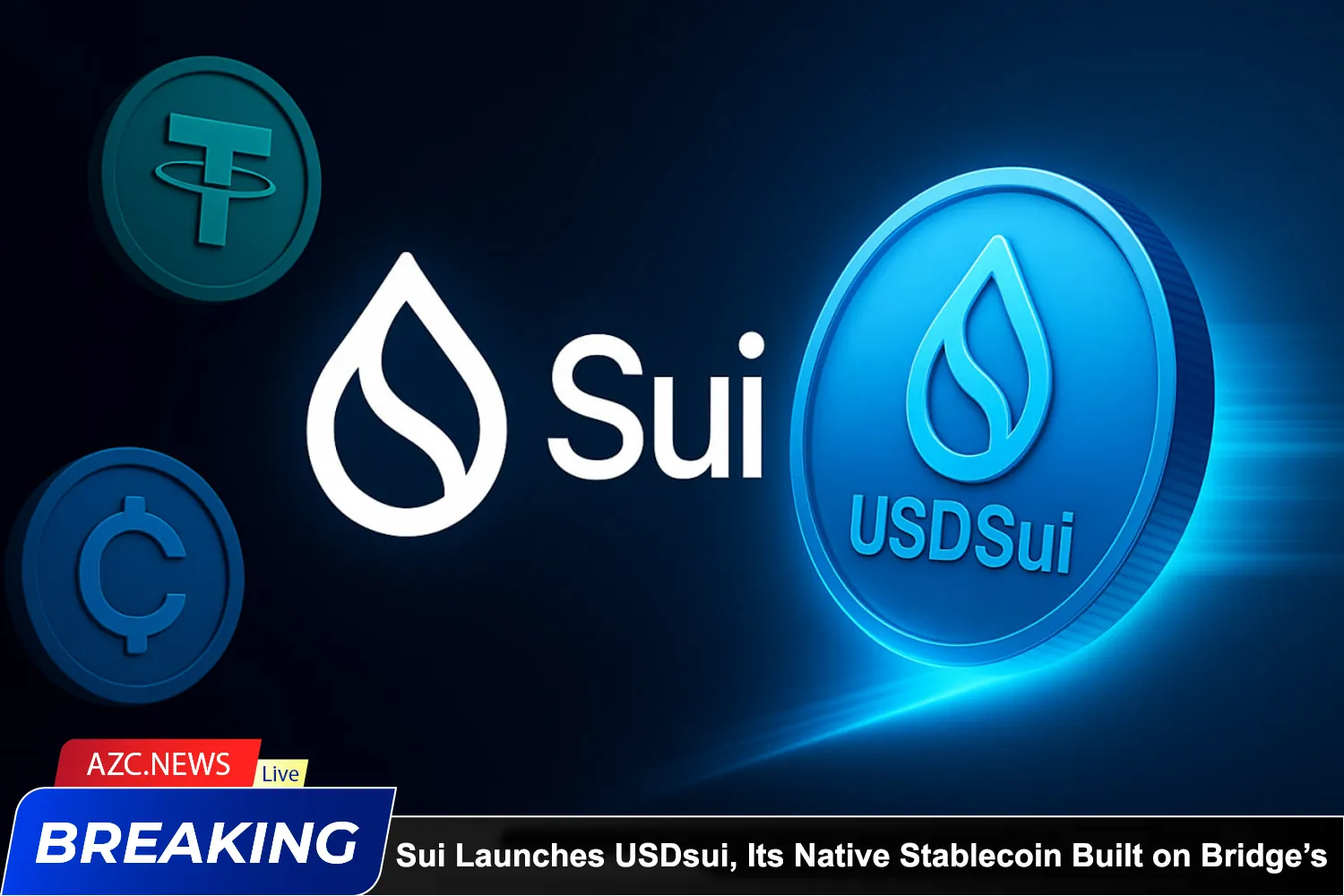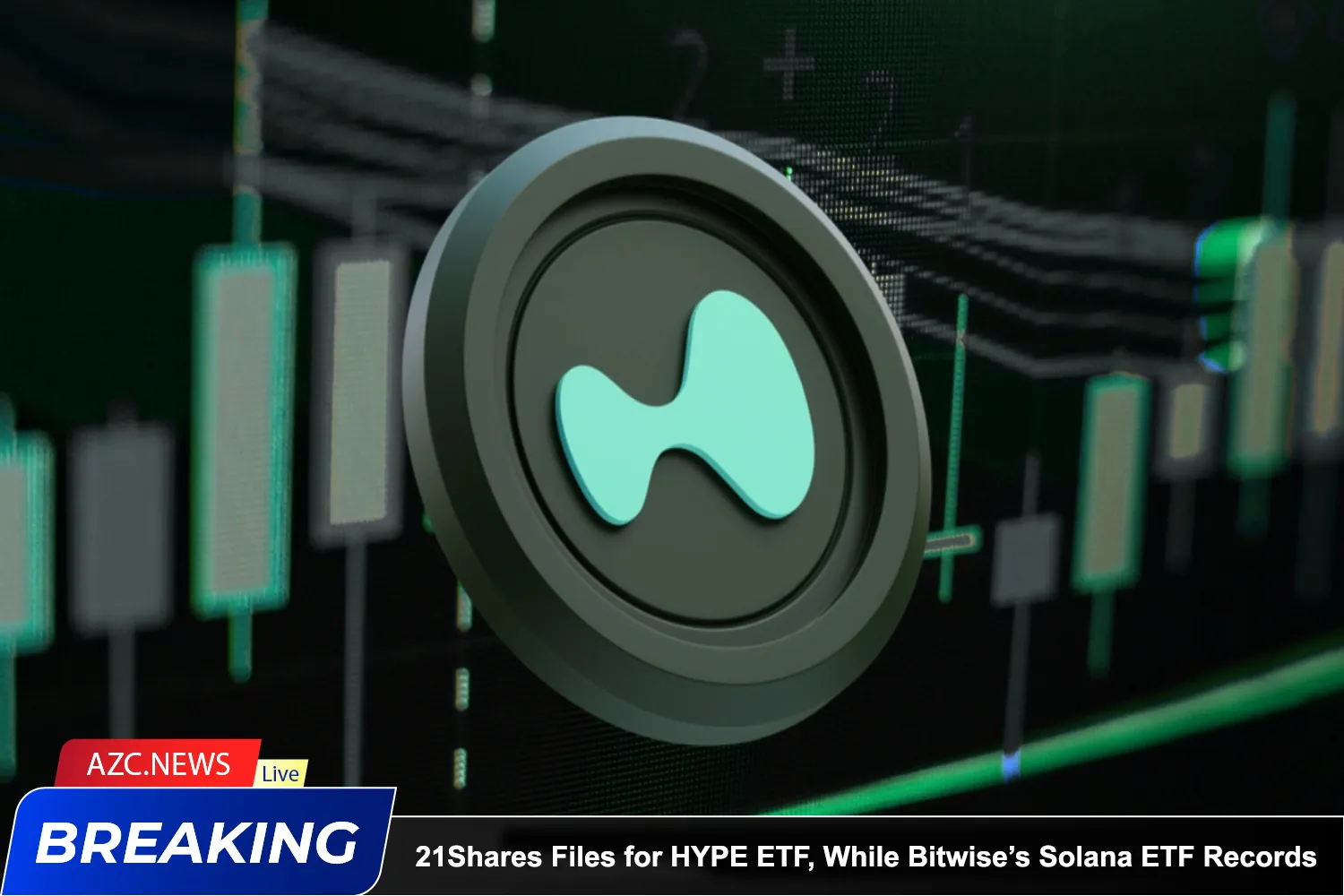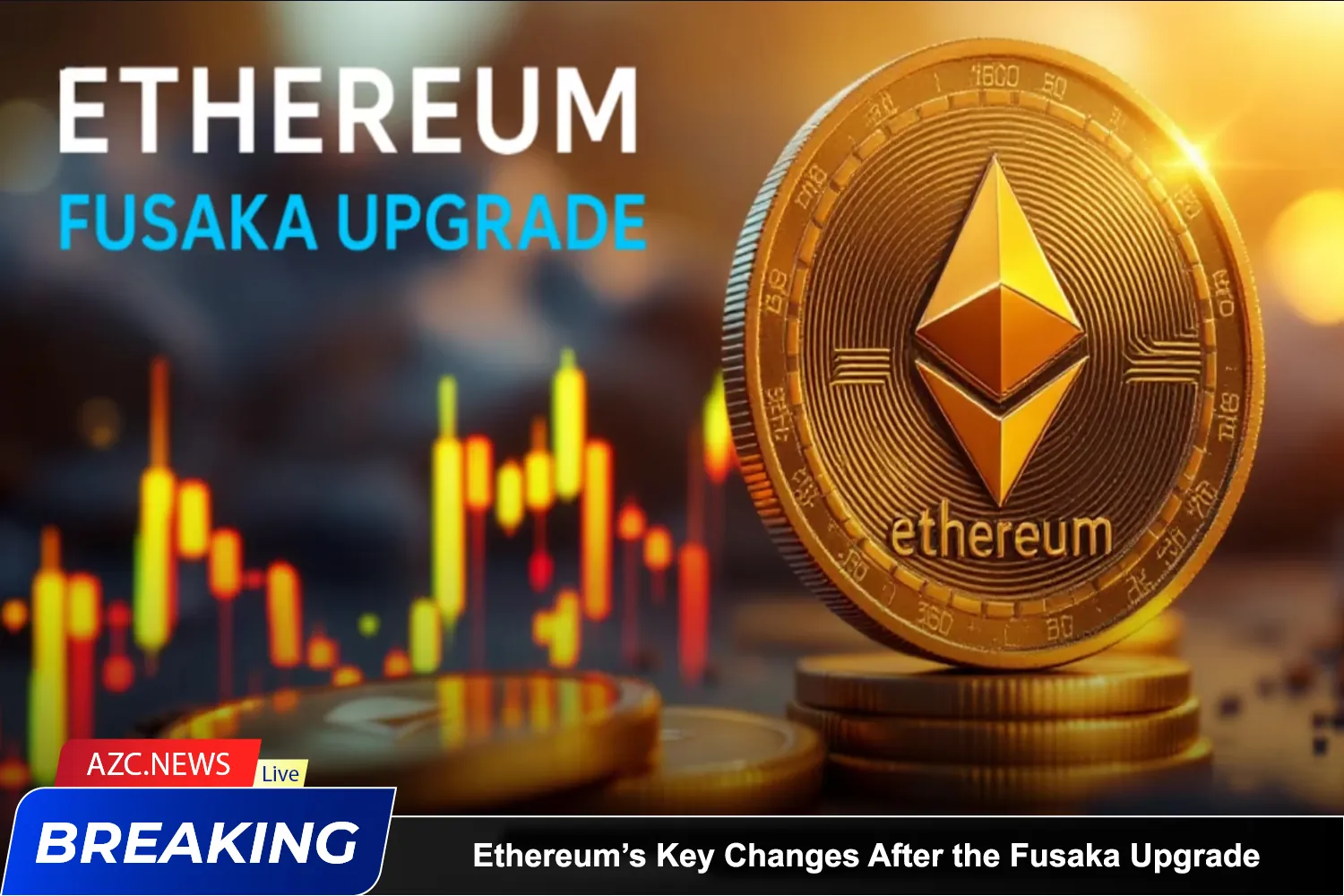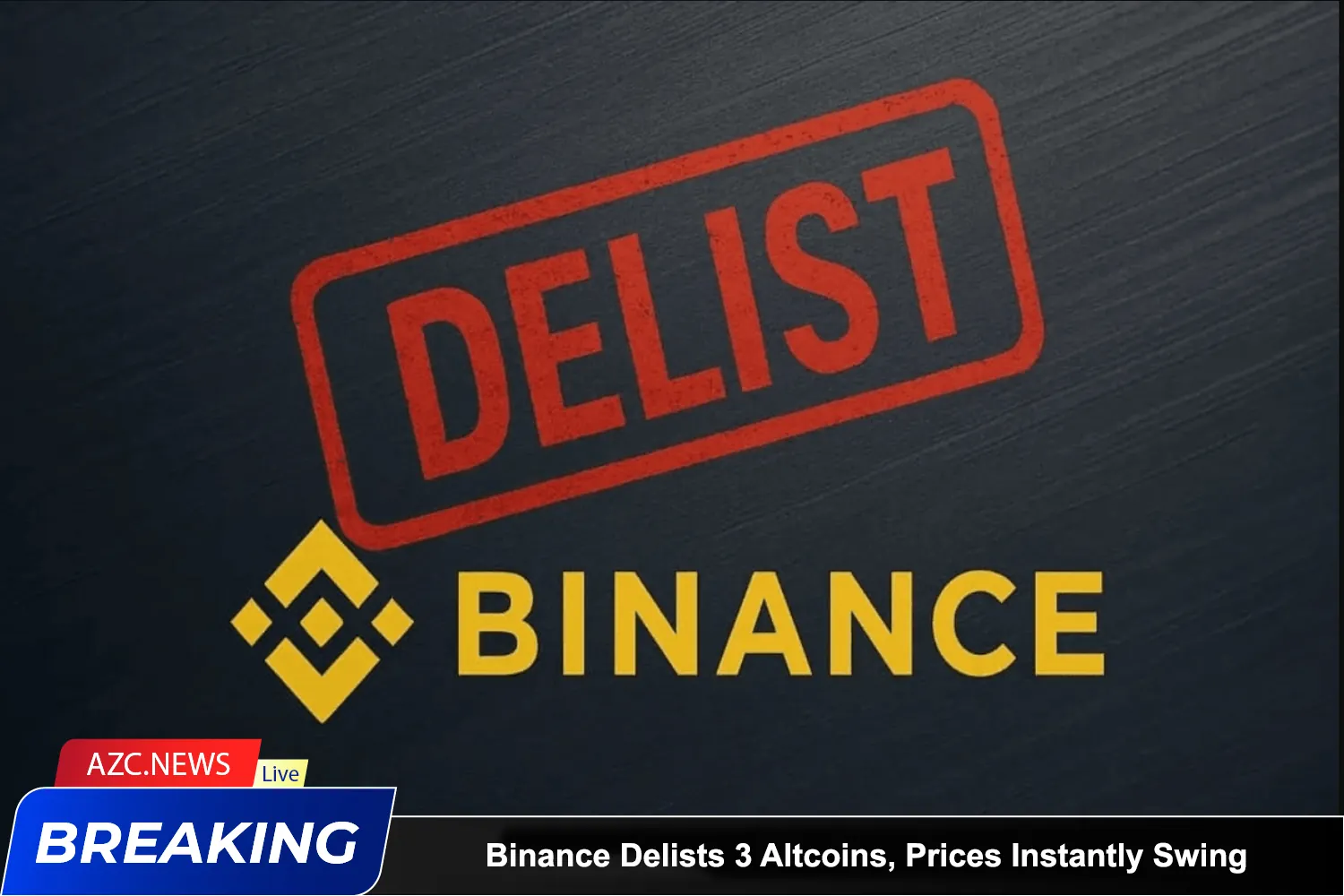The Klaytn Foundation, the driving force behind the South Korea-originated public blockchain Klaytn, revealed today the successful onboarding of $GPC (Gold-Pegged Coin) and its accompanying DeFi platform, Goldstation, onto its blockchain.
In an official statement, Klaytn, the blockchain developed by South Korean internet giant Kakao, disclosed that CREDER, a digital transformation firm based in South Korea, spearheaded the launch of the $GPC token. This development marks a significant milestone as $GPC becomes the inaugural gold token to join the DeFi space outside the Ethereum network. Notably, it also claims the distinction of being the first tokenized gold with a transaction fee structure that doesn’t rely on a percentage-based model, as highlighted by Klaytn.
Klaytn further emphasized the advantages accruing to $GPC users on its blockchain, citing the platform’s low gas fees as a boon. This feature enables users to make modest investments in acquiring gold, and by eliminating percentage-based transaction fees, Klaytn aims to underscore the cost-effectiveness of trading gold tokens within the DeFi realm.
“Collaborating closely with CREDER on the meticulous preparation for $GPC and Goldstation, the Klaytn Foundation has been actively involved in advancing these initiatives,” stated Sam Seo, the representative director of the Klaytn Foundation. “Our ongoing collaboration aims to extend further into delivering a diverse range of metal RWA tokenization projects for both domestic and global markets.”
Goldstation has announced the initiation of its services, including $GPC staking, set to commence on January 24. Initially catering to South Korean residents, the platform has future plans to expand its services globally.
Related: Michael Saylor Sells $216M MicroStrategy Stocks for Bitcoin
In its evolution, the Klaytn blockchain has broadened its spectrum of applications, encompassing DeFi, real-world asset tokenization, and involvement in the Bank of Korea’s CBDC pilot project. Notably, in November, it formed a strategic partnership with a shipping unit of Korindo, an Indonesian conglomerate, signaling its foray into exploring tokenization practices associated with ship-related assets.

